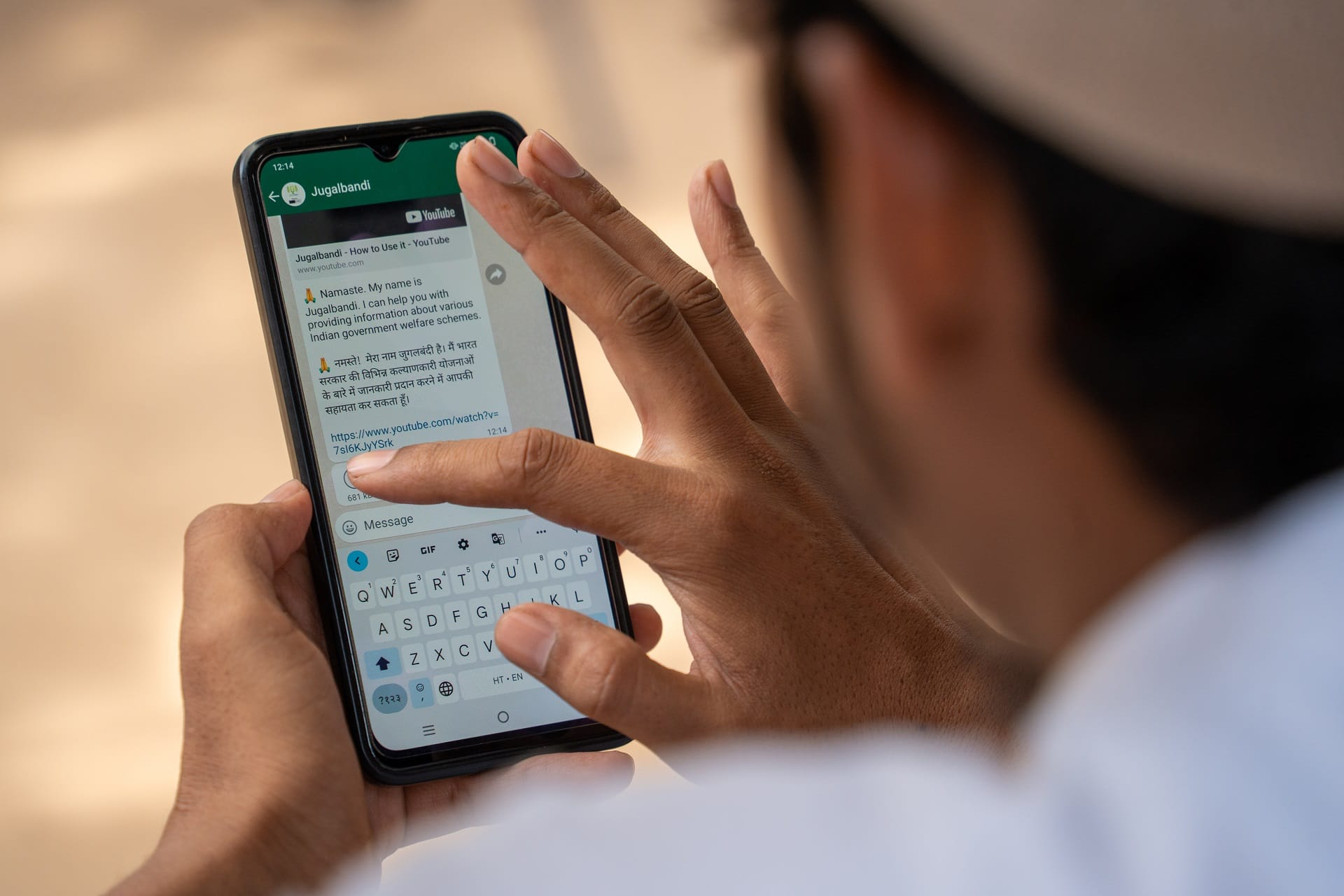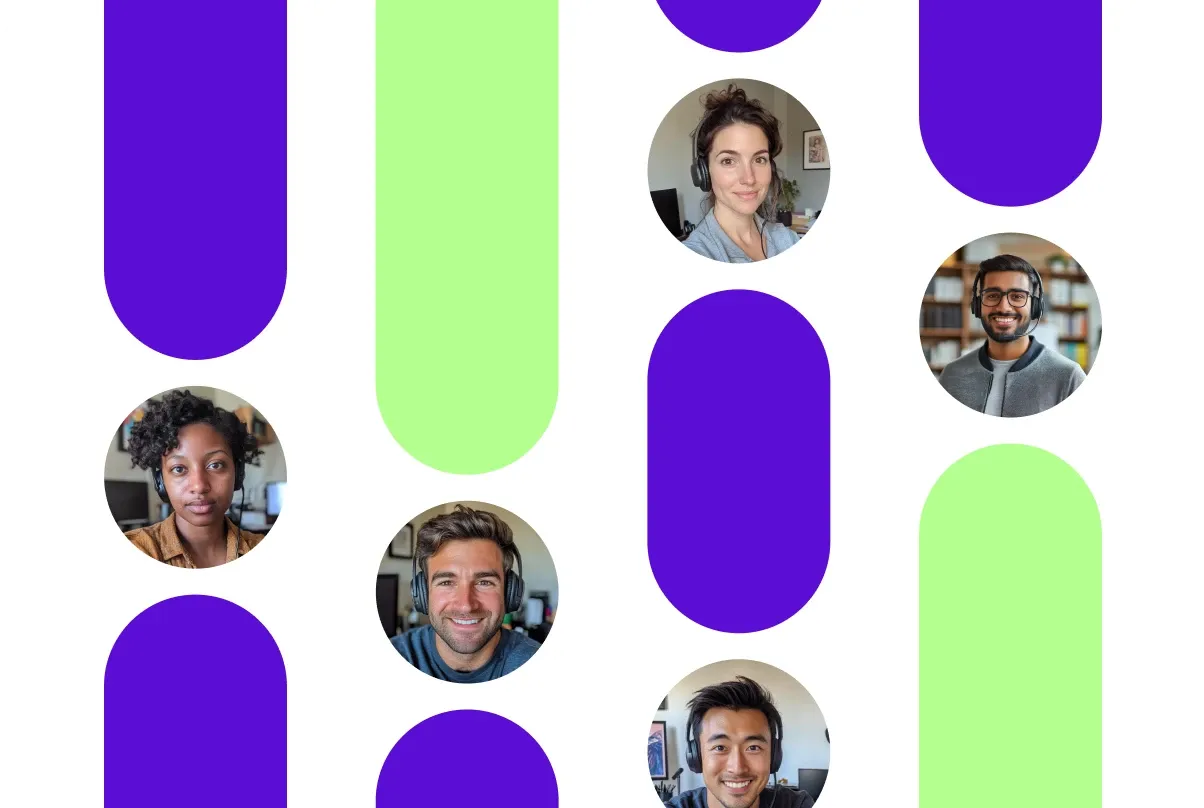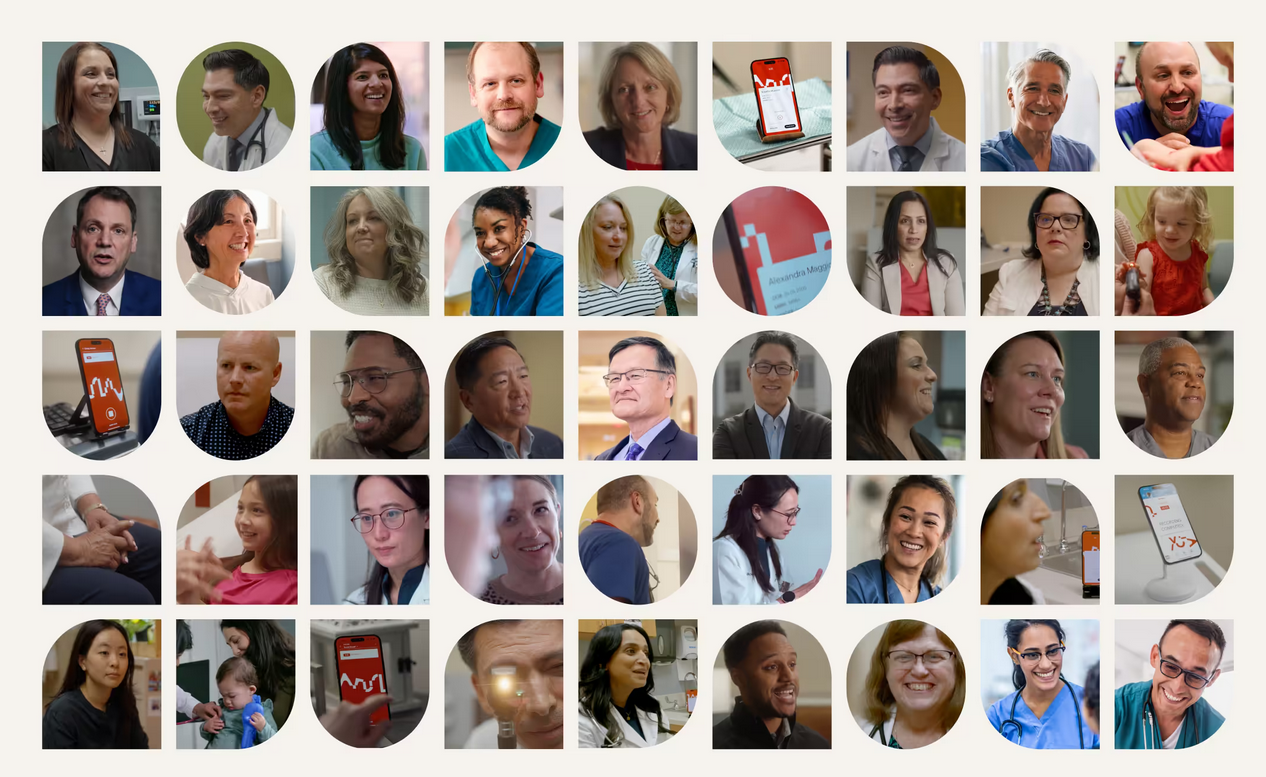In a small farming village in India, access to government services has become easier, thanks to next-generation AI technology. The introduction of Jugalbandi, a generative AI-driven chatbot on mobile devices, has provided villagers with a convenient way to access information and assistance in their local language. With the majority of the population unable to understand English, the language barrier has limited their access to government programs. However, Jugalbandi's ability to understand questions in multiple languages and retrieve relevant information in the local language has made a significant impact.
The chatbot, developed by AI4Bharat and powered by Microsoft Azure OpenAI Service, acts as a personalized agent, delivering accurate and cost-effective information tailored to each user's specific needs. It eliminates the need for villagers to visit local community service centers and stand in long queues for basic information. Instead, they can simply use their mobile phones to interact with the chatbot.
Vandna, a university student from Biwan, used Jugalbandi to explore available scholarships for her studies. The chatbot provided her with a list of government programs and their eligibility criteria, streamlining the process compared to traditional web searches. Vandna was able to apply for a scholarship with ease, highlighting the convenience and effectiveness of the chatbot.
Jugalbandi is just the beginning of a new era in accessing government services. With plans to expand to cover more languages and government programs, the chatbot has the potential to transform interactions between citizens and institutions across various domains. Imagine a patient seeking medical information in their native language or retrieving court documents in a different language effortlessly. The possibilities are vast, and India's complexity makes it an ideal test bed for multilingual settings worldwide.
India has a history of successfully implementing digital public goods at scale, such as Aadhaar, a biometric identity system, and the Unified Payments Interface for digital payments. The launch of Bhashini, aimed at providing language solutions, further demonstrates the country's commitment to leveraging emerging technologies like AI to bridge language gaps.
The collaborative efforts of organizations like AI4Bharat and OpenNyAI are driving innovation and accessibility. By harnessing the power of AI and language models, they are creating user-friendly solutions that can benefit various sectors, from education to healthcare and beyond.
While there are still challenges and room for improvement, the potential of chatbots like Jugalbandi is undeniable. By empowering individuals who previously faced language barriers, this technology has the potential to revolutionize access to information and government services. As the chatbot continues to evolve and new use cases emerge, its adoption is expected to accelerate, making technology more inclusive and accessible for all.






Comments